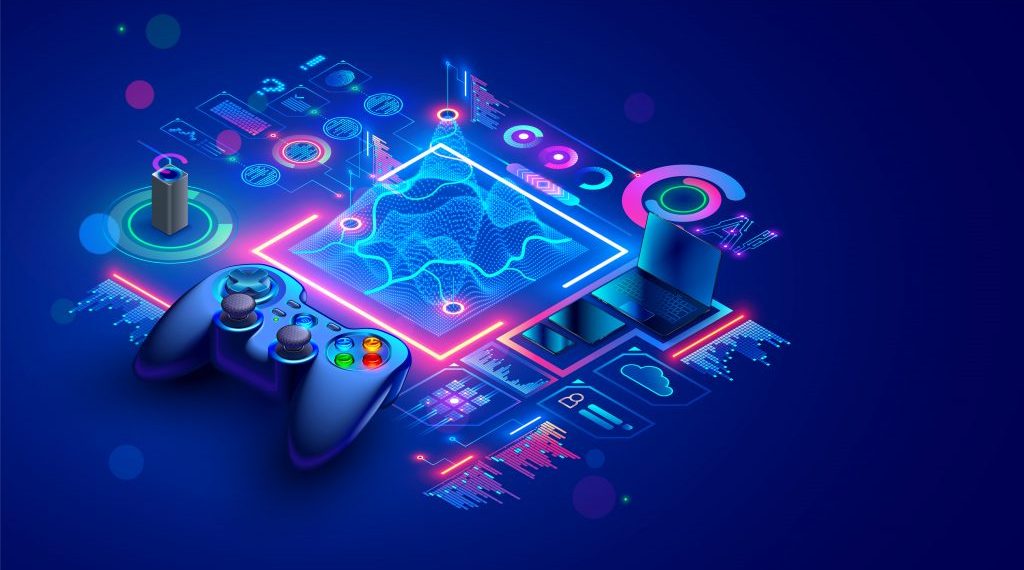NFTs in Web3: What is the decentralized future of gaming, art, and more

Due to their originality, uniqueness, and rising demand, NFTs are soon to become a part of the digital economy, which is being boosted by numerous artists, investors, and traders.
Modern new-age technologies are changing the world in many different ways. The future that the world’s greatest minds imagined is now influencing peoples’ standards of living. IoT, AI, AR/VR, and other technologies are commonplace, and Web3 will give the Internet a fresh perspective. In addition, blockchain, the metaverse, and cryptocurrencies are becoming increasingly well-known as part of the decentralized digital ecosystem. They are now proficient in using peer-to-peer transactions, smart contracts, and immutable on-chain verification to own digital assets.
NFTs are a digital asset that redefines digital communication and asset ownership. They are sweeping the globe and ushering in a new era of digital art that allows creators to sell their digital media works directly to consumers without the hassle of mediators. Although some people believe that NFT is a bubble, others believe it will continue to exist for a while. Despite this, the industry is experiencing a significant cash flow drain, and the increasing volumetric sales indicate that NFTs will set trends for future generations.

A technological connection between NFTs and Web3
Due to their originality, uniqueness, and rising demand, NFTs are soon to become a part of the digital economy, which is being boosted by numerous artists, investors, and traders. It has drawn interest from an untapped market where it was difficult to get out there and make the art visible for people to appreciate. Web3 will bring a stable state of data ownership for the general public due to the Internet’s digital transformation, and there will be several marketplaces where artists can sell their NFTs. The owners won’t have to worry about cyber theft, data breaches, information control, or intrusive advertisements because the Internet will be decentralized on several levels.

A promising decentralized future for digital assets and identities
Throughout history, artists were forced to give away their sizable profits to sell their works to mediators. They could deliver their works of art directly to internet users through a decentralized digital ecosystem without needing third-party commissions or permissions, making it profitable for NFT holders and providing adequate liquidity. Additionally, Web3 will effectively close the digital and physical divide, enabling more people to adopt social connectivity.
NFTs can also be a component of a person’s digital identity, reflecting real-life data. Complex addresses and wallet data can be incorporated as an NFT for use with other applications. NFTs are used in a way that goes beyond the notion of being merely a financial asset. The end user can experience a more straightforward digital asset with the power of customization, value, and freedom of trading in the market of their choice, independent of any market control, by reducing the complexity of the Blockchain.

Densely connected online communities and events
Due to the people who are nearby and share similar viewpoints, online communities are becoming incredibly popular. No matter the distance, the Internet has allowed us to communicate with numerous people worldwide simultaneously. The NFTs’ initial application was to serve as a “digital pass” for these communities. Additionally, NFT profile pictures are increasingly common among community members who join. Additionally, they offer immutable ownership proof on a blockchain, which eliminates the problem of fraud or identity theft. These communities can be used to organize a number of events where a number of users can connect and present their NFTs for trading and promotion. NFTs may occasionally serve as master node access keys.
Gaming assets to become exchangeable
Despite having high-performance hardware, players are now significantly more connected thanks to cloud technology. The NFTs will make in-app purchases easier and allow for multi-ownership by allowing for exchanges within the player community. These can also be used as in-game quest-winning items for the players and also be traded against cryptocurrencies. NFTs will produce in-game economies with playtime-based values when they are integrated with blockchain games. A player’s NFT may receive additional value for reaching a high level in addition to being rewarded.

Things to be considered
The future Internet has the power to change the decentralized market that exists today. In terms of facilitating decentralization, privacy, and information freedom, it will effectively meet the needs of netizens. The markets for NFTs will be developed to make them stand out from the competition because they are helpful and have a wide range of applications. A current trend is the fractionalization of NFTs, which manages market liquidity and increases accessibility for people from different backgrounds. Physical assets and content often turn into tokens as well, providing creators and influencers with tremendous opportunities.
Edited by Prakriti Arora



